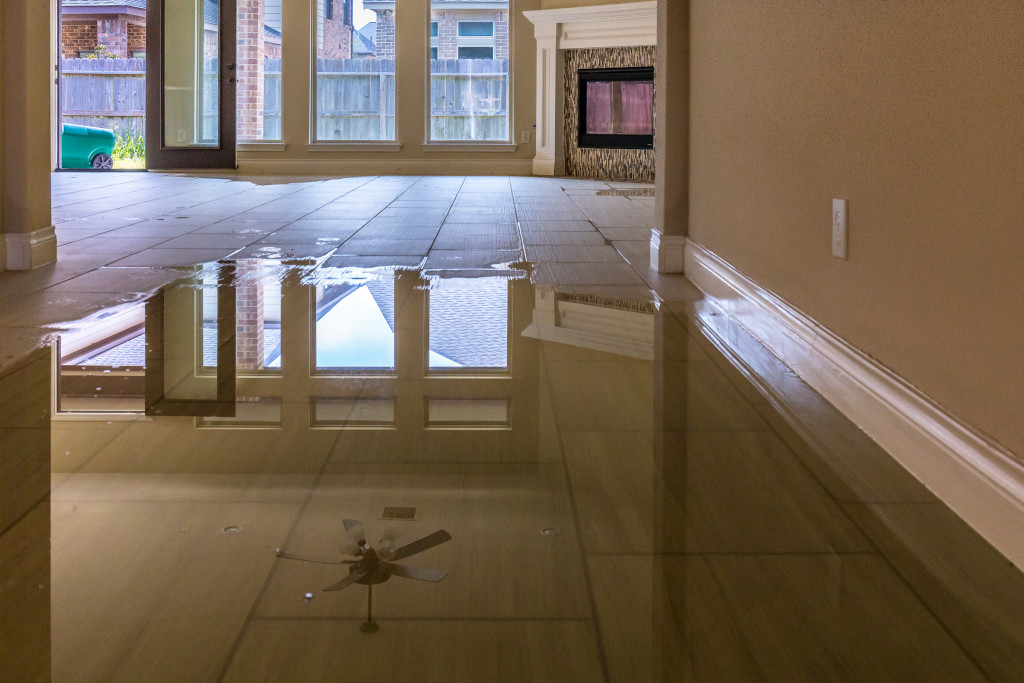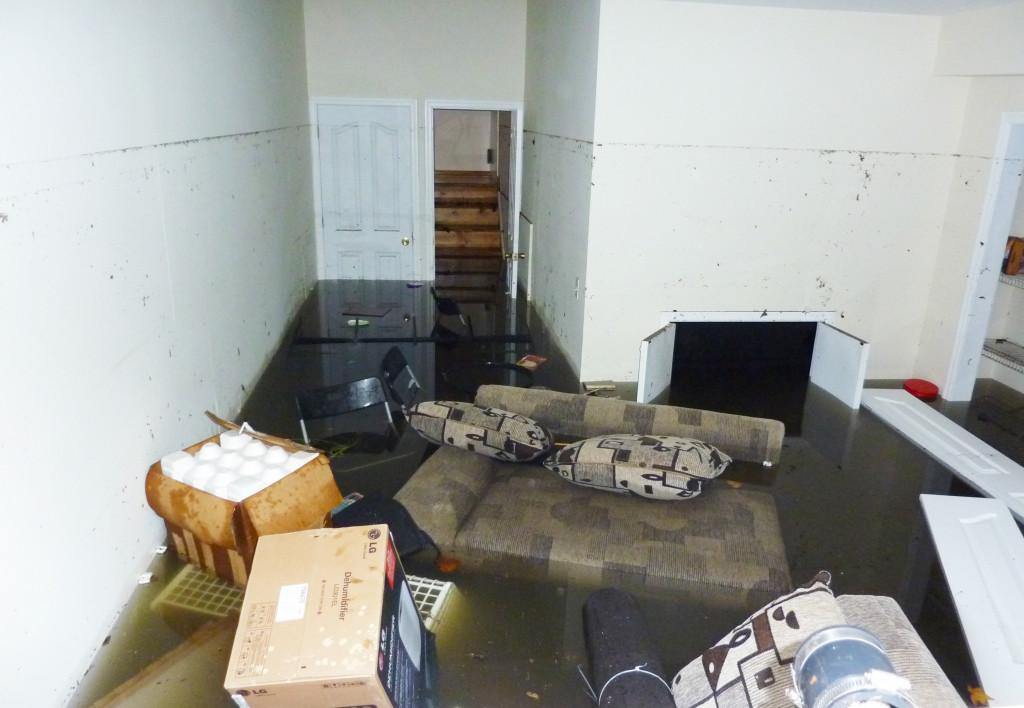Disclaimer: This website provides health information for educational purposes only and is not a substitute for professional medical advice, diagnosis, or treatment. Always seek the guidance of a qualified healthcare provider with any questions you may have.
On June 2, the Colorado State University updated its projection for this year’s hurricane season with five major hurricanes, 10 hurricanes, and 20 named storms. It is the most number of named storms projected by CSU for any month of June. On June 5, the first of the named storms, Alex, hit Florida with heavy rain that caused floods. If you’re a homeowner in a hurricane-prone area, it’s essential to be prepared for the worst.
Here are some tips on dealing with hurricane damage in your home.
Get and Claim Insurance Coverage
The first step is to make sure you have the right insurance coverage. Homeowners’ insurance typically does not include damage from floods, so you may need to purchase a separate flood insurance policy. Ensure that you know what is covered in your policy and what additional coverage you may need.
If your home gets damaged in a hurricane, hire a professional licensed mitigation or restoration service to inspect your home damage. This will ensure that everything is covered and adequately documented. You must also ask for the estimated cost of repairs.
Filing and paperwork for your insurance claim can be very time-consuming. To speed up the process, have the following information ready:
- A list of damaged or lost items, including a description, approximate value, and date of purchase
- Photos or videos of the damage
- Receipts, if possible
- The name and contact information of your insurance agent
File your claim as soon as possible after the event. While awaiting your claim, do only the most minor temporary emergency repairs by the same licensed mitigation or restoration service.
If your insurance company delays processing or disapproves your claim or parts of it, be sure to consult a specialized insurance law firm. They will have the experience and specific knowledge about insurance litigation to ensure that your rights are covered and you get the maximum amount that is due to you.
Do Temporary Repairs
Following are the temporary repairs you must do to your home after a hurricane.
- Cover holes in the roof and walls to keep out wind, rain, and animals.
- If possible, board up windows.
- Remove water from your home using a pump or wet vacuum.
- Dry wet areas as soon as possible to prevent mold growth.
- Clean and disinfect all areas that were flooded.
Prepare Your Home for Hurricanes
There are some things you can do to prepare your home in advance of a hurricane. These include:
- Trimming trees and shrubs around your home to reduce the risk of wind damage
- Clearing gutters and downspouts to prevent flooding
- Installing hurricane shutters or impact-resistant windows
- Reinforcing garage doors
- Anchoring fuel tanks
If you live in a high-rise building, find out from the management what their hurricane preparedness plan is and where the designated safe areas are located.
Hurricane-proofing your home is an important step in protecting your property and keeping your family safe. By taking these precautions, you can rest assured that you have done everything possible to minimize the damage to your home in the event of a hurricane.
Create an Emergency Kit
In addition to making sure you have adequate insurance coverage, you should also create an emergency kit for your home. This should include enough food and water for everyone in your household for at least three days, a first aid kit, flashlights, batteries, and other essential items. Do not forget any prescribed medication that any family member is taking.
You must also include important documents such as your homeowners’ insurance policy, birth certificates, and passports. Keep these items in a waterproof and easy-to-carry container so that you can grab them quickly if you need to evacuate your home.
Create or Update Your Emergency Plan
Next, create or update your emergency plan. If you have never created an emergency plan, now is the time to do so. If you already have a plan, review it and update it as needed.
Your emergency plan should include such things as where you will go if you have to evacuate, how you will stay in touch with family members, and what supplies you will need.
First, ensure that you know where to go and your evacuation route. Prepare several routes in advance because one or more of these may become impassable. If you have pets, make sure you have a place to take them if you are not allowed to take them with you to the evacuation site.
It’s also important to know how you will stay in touch with your family members. Decide on a meeting place that everyone can go to and make sure everyone has the phone numbers and email addresses of everyone in the family.
By following these tips, you can be prepared for hurricane damage in your home. While no one wants to think about the possibility of their home being damaged by a hurricane, it’s important to be prepared. By taking these steps, you can minimize the damage to your home and keep your family safe.





